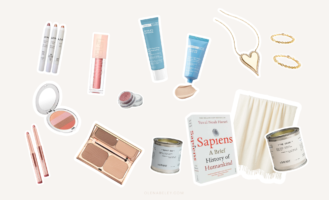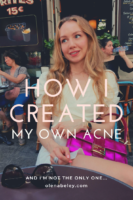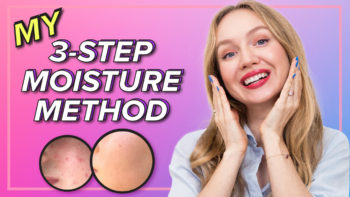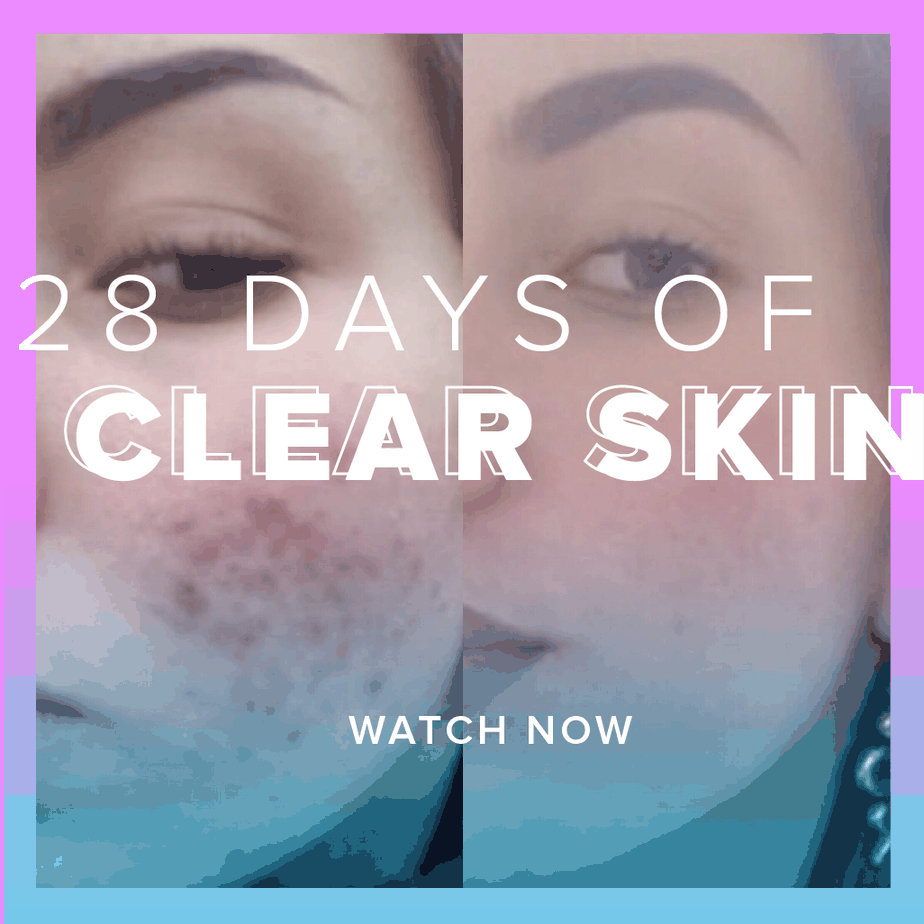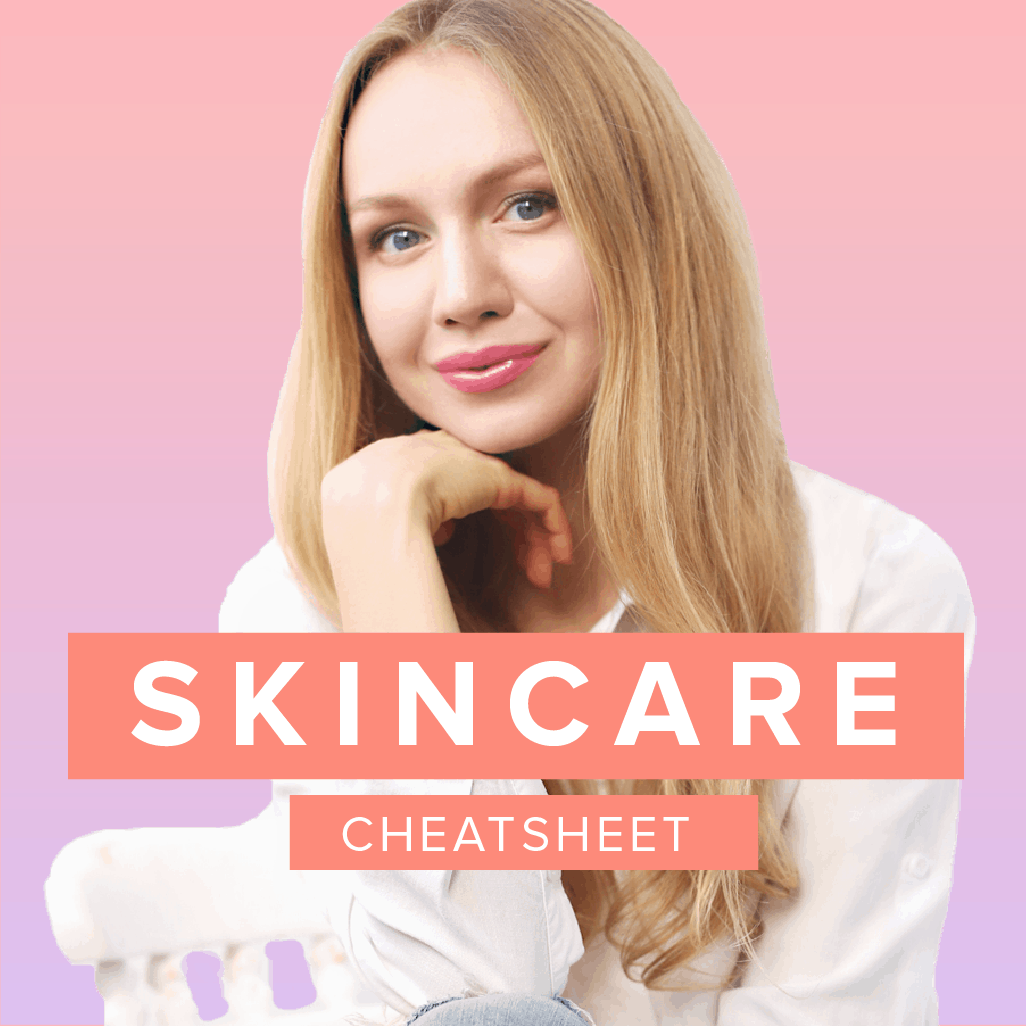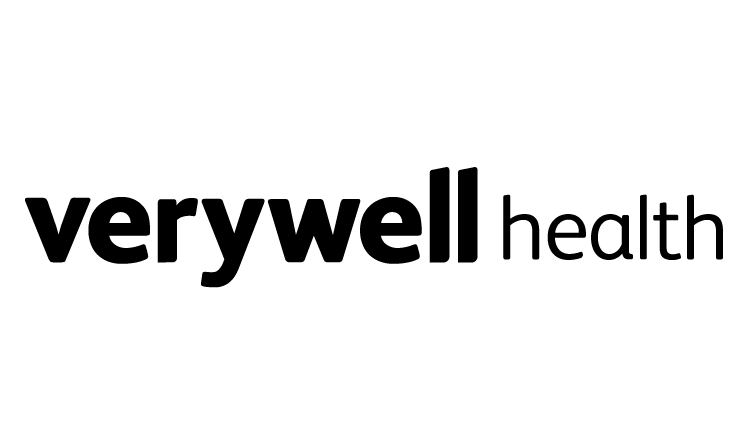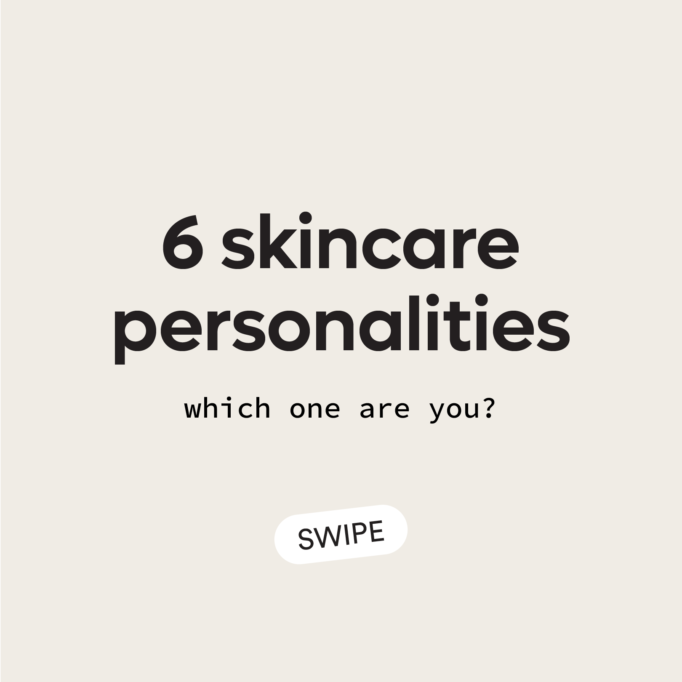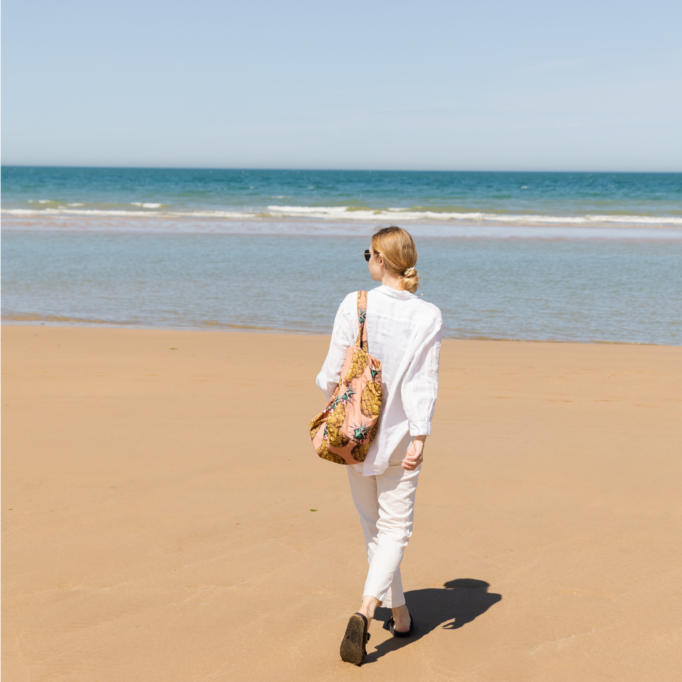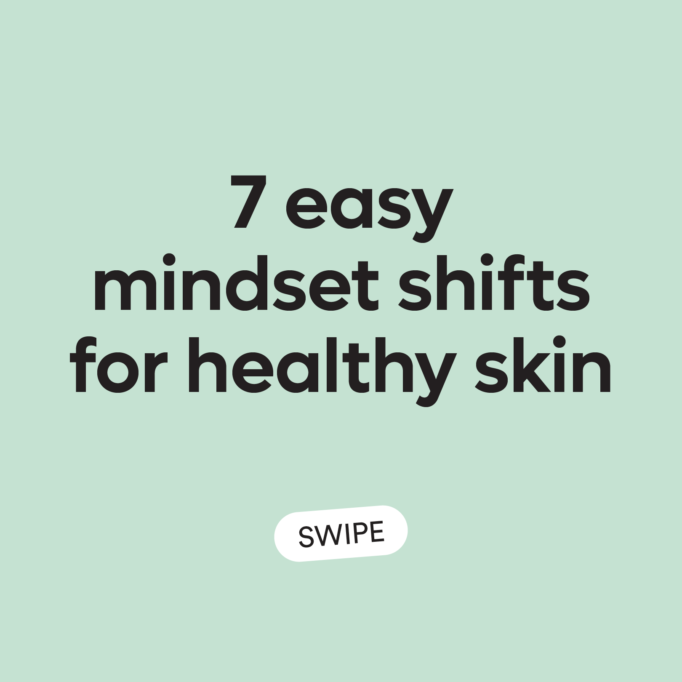Decisions, decisions..
There are countless products available to us right now, but how do you choose?
I’d like to give you 3 important factors to consider when purchasing a product for clear skin.
The funny thing about choosing a product is that labels are actually quite misleading, so becoming an good ingredient detective can be difficult if not impossible.
Companies aren’t liable to say the exact amount of each ingredient used, so they might be putting in a lot of cheap chemical fillers to make the product look and feel nice, but only a tiny bit of the expensive, game-changing ingredients.
Product choice isn’t black and white, and there are a lot of factors that play a role.
These are a few to think about:
1. Comegenicity
Look for my favorite term: non-comedogenic. This means that the product was tested (on bunny ears) to see if it will or won’t clog your (the bunny’s) pores.
It sounds silly, and a bit cruel, but so far this is the only way comegenicity has been measured. This scale is only useful when we look at ingredients that fall on the extreme ends of the comegenicity scale 0 or 5.
Zero means the ingredient will not break you out for kinda sure (although not at all true for Argan oil), while 5 means that the ingredient will most definitely break you out. Values 1-4 present a bit of a dilemma, they aren’t clear. An ingredient with a comegenicity rating of 2, for example, has the potential to clog your pores, but it might not.
If the product is meant to be non-comedogenic, it doesn’t mean that it’s off the hook. I still read ingredients VERY carefully to understand what the product can really do for me.
Which brings me to the next factor:
2. Ingredients
There are good and bad ingredients for your skin. Avoid unnecessary oils, soaps, fragrance and preservatives because these can all irritate your skin.
- Some of my favourite ingredients are:
-
- hyaluronic acid humectant, can be hydrating, is made naturally in our body
- salicylic acid chemical exfoliant great at preventing clogging
- benzoyl peroxide acne-killer, literally kills p.acne bacteria by infusing the pore with oxygen
- glycolic acid smoothing, clearing, regenerating chemical exfoliant that also boosts collagen production
- retinoids (retinol/retinoic acid/granactive retinoid/adapalene etc.) the gold standard in anti-aging (or pro-youth) ingredients that can be amazing at refining the skin texture and tone while preventing acne
- green tea antioxidant, amazing for acne-prone skin, decreases active acne lesions
- niacinamide a form of vitamin B3, this ingredient can improve skin’s hydration while keeping it clear and lowering inflammation. Fantastic for treating acne and rosacea.
- The ingredients that I tend to avoid:
-
- perfumes and dyes: used to make your products smell great, but extremely irritating. I’ve personally only had bad experiences with fragrances in skincare especially if the fragrance is high up on the ingredient list!
- talc: commonly found in powder products to absorb moisture and make a powder smoother. Though cosmetic grade talc does not contain asbestos (which is toxic) I still don’t use it. I find products that contain it break me out 100% of the time.
- silica: extremely dehydrating, used in powders to absorb excess oil – but it does too good of a job.
- bismuth oxychloride: linked to cystic acne, commonly found in mineral powders giving them that lovely shimmer.
- menthol: irritating, and I don’t enjoy the cooling sensation on my skin
- oxybenzone: acts like an estrogen potentially disrupting hormonal balance, clogs pores (found in sunscreen)
- alcohols: though they help other ingredients sink into the skin (like in foundation and concealer), alcohol is quite irritating and comedogenic. It can form a thin coating on the skin that clogs pores creating whiteheads and blackheads. Common names for alcohol include SD alcohol, alcohol denat., ethanol
- sodium lauryl sulfate the sulfate that gives all sulfates a bad name, drying, comedogenic
- oils: some of the most fickle ingredients on the market that seem to work wonders for some people, and wreak havoc for others. I’ve experimented with oils myself only to find that they’re too heavy for my skin. I avoid coconut oil (4 on comedogenicity scale) and it’s derivatives, and I seem to have trouble with Argan Oil as well even though it’s a 0 on the comedogenicity scale. Jojoba Oil seems to be the only oil that helps some people with acne-prone skin, but I wouldn’t use a product with Jojoba Oil on acne-prone skin unless Jojoba Oil was somewhere on the bottom half of the ingredient list.
- essential oils are just fragrance, and are extremely sensitizing on all skin but especially to be avoided if you have rosacea
- ….this list can go on and on.
This guideline is not exhaustive and being an ingredient detective is not an exact science. This list is meant to help you navigate ingredient lists a little more gracefully. As a rule of thumb, the first 5 ingredients are the ones that will help the most or the ones that will do the most damage, so pay attention. Try to find products that contain the good ingredients I mentioned within the first FIVE ingredients on the label…
3. Using The Product Correctly
You might just be using the product wrong! You might think the product isn’t working, but what if you just don’t know what you’re doing?
As I mentioned, some products say that they don’t have to be washed off, but it’s better for your skin if you do. Some products need to be applied first (water-based) and other products should be applied last (oil-based) for proper product penetration…
There’s an art to product application just as there is an art in choosing the right product.
A lot of moisturizers are reviewed as ‘drying’ or ‘too oily’ or said to ‘not absorb’. But a moisturizer won’t work if it’s applied to dry skin. But isn’t it meant to MOISTURIZE DRY SKIN? It would, if applied to wet skin. A moisturizer needs to lock in actual moisture to be truly effective.
Be gentle when using products. That means avoid rubbing to hard, or applying too much. Treat your face like the petals of a delicate rose, even though it’s far more resilient than that.
How To Properly Test A Product?
Take your time when trying out products.
Test your products for 2 to 3 weeks on an area of your face that gets the least attention. If you have bangs that might be your forehead. It can be half of your right cheek – just choose an area to test, and stick to it.
This might seem like a lot of work initially – you want to slather your face with that brand new product now – not later! However, a test will stop you from potentially ruining your whole face, and will limit the potential damage to just a small area of your face.
I don’t know about you, but I’d rather have breakouts or irritation on half a cheek rather than my whole face. It’s simple math…
Normally, when you get a new product, you are overwhelmed with a feeling of excitement! You slather the product on the first chance you get – and you apply it generously because it smells so good..
Then a day or two later you notice your skin is looking whack – new pimples are forming. You wrack your brain and realize that it must be that moisturizer you just got.
You rush off to the store to return the product, and get a new cream instead. You come home and slather it on… Days later the same thing happens and you’re convinced that it was the new moisturizer.
The scenario I just described is a best case scenario. Normally, you’ll buy 2-3 new products and try them all at once, so you won’t even know which one, if any at all, is the culprit.
It could have just been that you tested the product before your period…
Because it’s SO difficult to REALLY know what works and what doesn’t, please avoid testing more than one new product at a time.
Give the product time to prove itself. If it didn’t work for you, then you will know conclusively, without guessing.
NOTE: Most stores will take the product back if you let them know that it caused an allergic reaction or break-outs.
Final Thoughts…
You’ll find that most products say things like Dermatologically Tested or Oil-Free to insinuate that the product is safe on any skin. Though the products may be safe (you won’t die from them in the immediate future) it doesn’t mean that they will not clog your pores.
Every Nivea product is ‘Dermatologically Tested’, but man do they ever break me out (because of fragrance)!
Let me know if this was helpful for you, or if you have any questions about products.
Love,
Olena
P.S. If you need help on your skin-clearing journey, sign up to get 28 of my BEST hacks for clear skin here!

